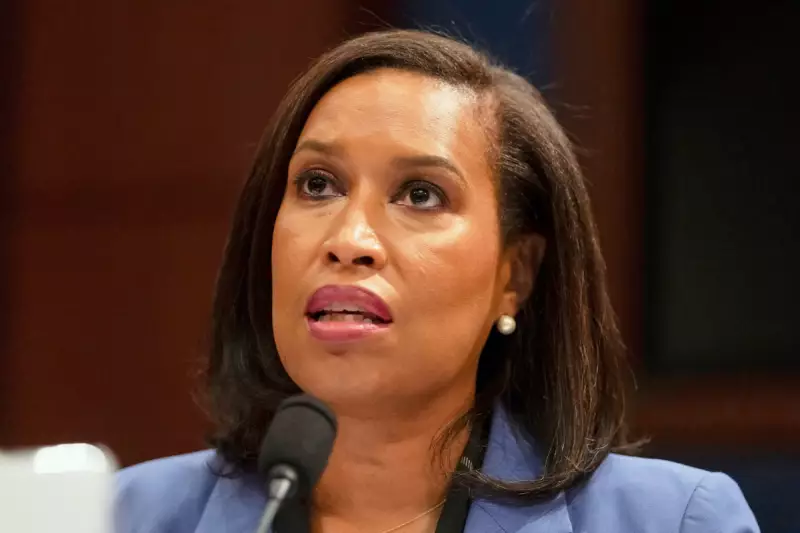
In a significant political announcement that marks the end of an era for the American capital, Washington DC Mayor Muriel Bowser has revealed she will not seek re-election for a fourth term next year.
The decision comes amid ongoing federal intervention in the district's affairs by President Donald Trump's administration, creating one of the most challenging periods in the city's recent history.
A Decade of Leadership Ends
Mayor Bowser announced her departure from electoral politics in a video message posted to social media on Tuesday 25 November 2025. The three-term mayor, who first took office in 2015, did not directly mention President Trump in her announcement but made pointed references to standing against "bullies who threaten our very autonomy."
Bowser has served as the district's leader for ten years, navigating the complex relationship between local governance and federal oversight that defines Washington DC's unique political status.
In her statement, she reflected on her tenure: "For ten years, you and I have worked together on an ambitious agenda to restore faith in our government and ensure that every DC resident gets the fair shot they deserve."
Federal Intervention Reaches Unprecedented Levels
The past year has proven particularly tumultuous for Bowser's administration, with federal involvement in local affairs reaching new heights. In August 2025, President Trump issued an emergency order that federalised the city's police force and deployed hundreds of National Guard troops to Washington DC.
While the administration described this as a crime-fighting mission, the move represented one of the most significant federal interventions in the district's affairs in decades. Although the official emergency period has lapsed, National Guard members from DC and several states remain deployed in the city despite ongoing legal challenges.
Bowser walked a delicate political tightrope during this period, simultaneously cooperating with certain administration efforts while criticising others. She acknowledged that the intervention had contributed to reducing crime rates that were already declining, but strongly criticised the National Guard deployment as an inappropriate use of resources.
Legal Battles and Political Fallout
The district, led by its attorney general, has mounted a legal challenge against the administration, arguing that the National Guard deployment is illegal. This position received significant validation when a federal judge sided with the city on 20 November and ordered an end to the deployment, though this decision is expected to be appealed.
Bowser faced criticism from constituents and some council members who felt she hadn't pushed back strongly enough against Trump's actions. Meanwhile, the White House has praised the DC mission as a "resounding success."
Beyond the National Guard controversy, Bowser's administration dealt with multiple other challenges:
- A frozen $1 billion of city funding during federal budget battles
- Significant cuts to the federal workforce by the Department of Government Efficiency
- Pressure from Congressional Republicans regarding the "Black Lives Matter" plaza
Political historian Matthew Dallek of George Washington University described the past year as "one of the most intrusive and heavy-handed in terms of the federal government's involvement in the day to day of the city's politics and the city's life," calling it "a pretty precarious time for the city."
With Bowser's departure, the field opens for potential successors, though at least two likely candidates—DC Council members Robert White Jr. and Brooke Pinto—have already announced campaigns for the district's US House delegate seat. Fellow council member Janesse Lewis George remains a potential mayoral candidate.






